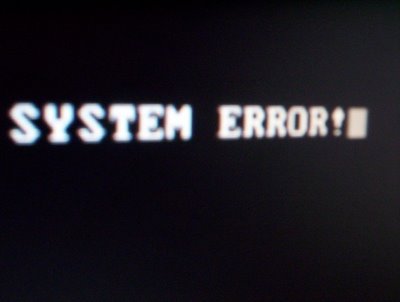Non-functional requirements: Error Handling
How should a system handle the unexpected? This is a fundamental consideration of any solution. Key points to keep in mind are:
Key points to keep in mind are:
- What are the consequences of not resolving errors? If you are working on a financial system, a missing transaction means that account reconciliations will be difficult, or in other words, you are misplacing money! In such cases, you should consider creating suspense accounts to hold the erroneous transactions. Operational staff can then balance the suspense accounts to zero and route the corrected transactions appropriately. Common types of errors include invalid accounts and invalid products. Keep in mind that you may encounter errors that you never considered.
- Will you process batch or real-time transactions? Do you foresee needing to reverse out large numbers of transactions to remove erroneous transmissions? Should you submit reversing entries or delete all of the errors? When you load transactions, make sure you include the appropriate information to allow you to identify the record or group of records.
- What will you do to prevent the loading of problematic transactions? Do you need to quality control (QC) the transactions and then reject them if they appear erroneous? For a batch, if more than a specific percentage have errors the batch may be rejected completely. Conducting a few simple QC tests will keep you from going through the pain of fixing transactions that have made it into your system.
- Should you keep record of the original transactions that have been processed? Is error logging required?
For many systems, particularly financial ones, losing a transaction is a faux pas. If your system does this, its reliability may be questioned.




No comments:
Post a Comment